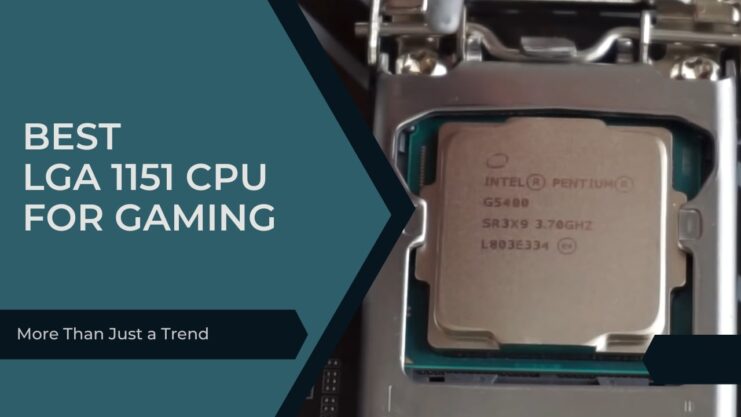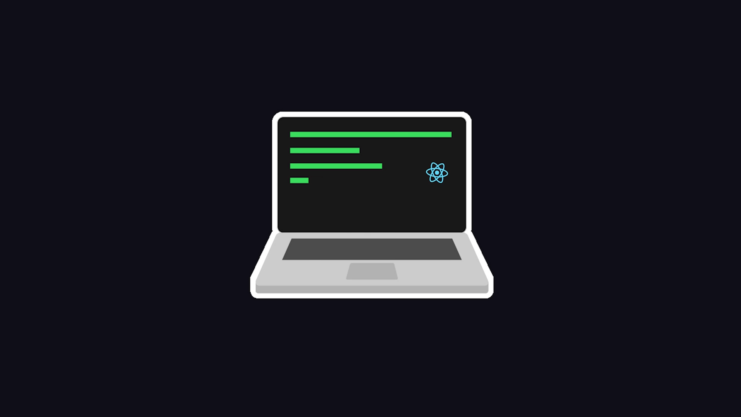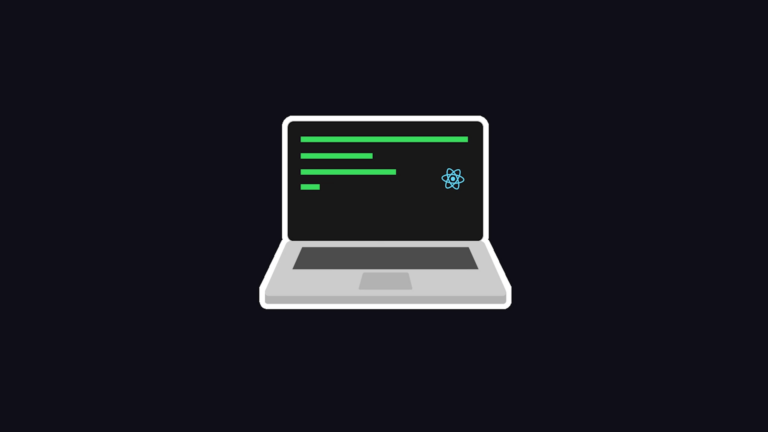Are you ready to level up your gaming experience? Choosing the right CPU is crucial, as it directly impacts your gaming performance. If you’re using an LGA 1151 socket motherboard, you’re in luck! In this blog post, we’ll explore the best LGA 1151 CPUs for gaming, equipping you with the knowledge to make an informed decision.
From raw power to clock speeds, we’ll delve into the key factors that make these processors stand out, ensuring that you have the competitive edge you need to dominate the virtual battlefield. Get ready to unleash the full potential of your gaming rig!
LGA 1151 Socket for Gaming PCs Explained
In the world of gaming PCs, the LGA 1151 socket is a critical component that acts as the interface for your computer’s processor. Introduced by Intel in 2015, it supports a wide range of processors, allowing gamers to choose the best one that fits their gaming needs and budget. It’s crucial to understand how it works, as it determines what kind of CPU your motherboard can accommodate, significantly impacting the performance of your gaming PC.
When choosing a motherboard for your gaming PC, compatibility is key. The LGA 1151 socket supports both 6th and 7th generation Intel processors, giving you a variety of options. However, it’s essential to note that while the LGA 1151 socket is backward compatible, it doesn’t work with every Intel CPU. Always check compatibility before making a purchase to avoid disappointment and unnecessary expenditure.
Despite the importance of LGA 1151 in the PC gaming world, it’s just one part of the puzzle. Other components like the CPU, GPU, and RAM also contribute to the overall performance of your gaming PC. In the next sections, we will discuss some of the popular processors that are compatible with the LGA 1151 socket.
Top 1151 CPUs for Enhanced Gaming Experience
1. Intel Core i9-9900K

The Intel Core i9-9900K, part of the 9th generation of Intel CPUs, is a high-performance processor that brings extraordinary processing power to your gaming PC. With eight cores and 16 threads, this CPU can handle intense gaming sessions and multitasking without breaking a sweat. If you’re an avid gamer looking for impressive framerates and quick response times, this processor should be on your radar.
Another notable aspect of the i9-9900K is its overclocking potential. It has a base clock speed of 3.6 GHz, but it can be boosted up to 5.0 GHz, allowing you to get the most out of your processor. However, overclocking does increase the heat output, so a robust cooling solution is necessary to keep temperatures in check.
Although the i9-9900K is a powerful CPU, it’s worth noting that it comes at a steep price. If you’re building a gaming PC with a tight budget, you may want to consider other options. Fortunately, there are several other CPUs compatible with the LGA 1151 socket that offer excellent performance at a lower cost.
2. Intel Core i7-9700K
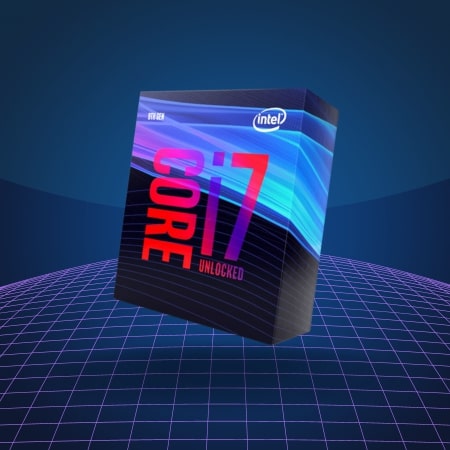
The Intel Core i7-9700K is another 9th generation processor that packs a punch. With eight cores and eight threads, it delivers solid performance for gaming and other processor-intensive tasks. Its base clock speed of 3.6 GHz can be overclocked up to 4.9 GHz, providing additional processing power when you need it.
While the i7-9700K lacks hyper-threading, a feature that allows each CPU core to handle two sets of tasks simultaneously, it still delivers outstanding performance for most games. Plus, the lack of hyper-threading also means less heat generation and lower power consumption compared to processors that support this feature.
The i7-9700K strikes a balance between cost and performance. It’s not as expensive as the i9-9900K, but it still offers enough power for high-end gaming. If you’re looking for a high-performance CPU that won’t break the bank, the i7-9700K could be the right choice for you.
3. Intel Core i5-9600K
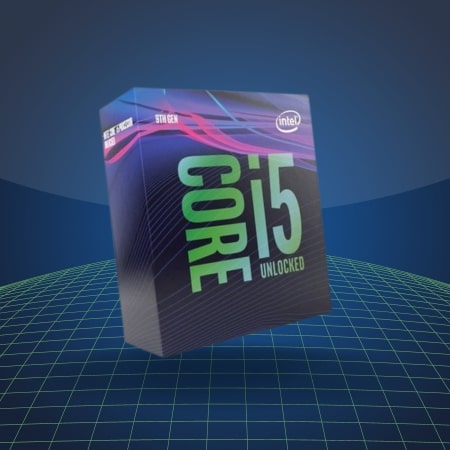
For mid-range gaming PCs, the Intel Core i5-9600K is a popular choice. This 9th generation processor has six cores and six threads and a base clock speed of 3.7 GHz that can be overclocked up to 4.6 GHz. While it may not be as powerful as its i7 and i9 counterparts, it still delivers reliable performance for most games.
One of the key selling points of the i5-9600K is its value for money. It’s significantly cheaper than the i9 and i7 processors, but it still offers ample performance for gaming. If you’re a casual gamer or on a budget, this processor could be a great fit for your needs.
However, the i5-9600K does not have hyper-threading, meaning it might struggle with some multitasking scenarios or processor-intensive tasks. That said, for its price point, it provides a substantial performance that will satisfy the requirements of most users.
4. Intel Core i3-9100F
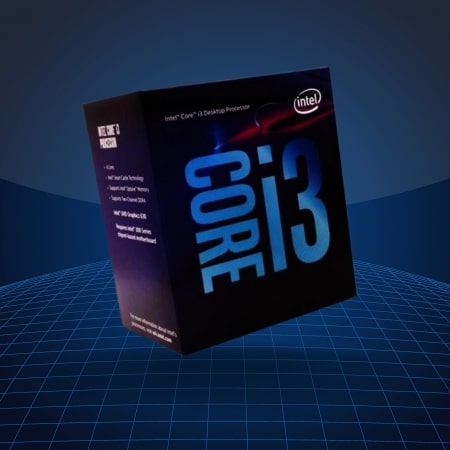
On the more affordable end of the spectrum, we have the Intel Core i3-9100F. This 9th generation processor is equipped with four cores and four threads, making it a solid choice for budget-conscious gamers or those who primarily use their PC for basic tasks like web browsing and document editing.
Despite its budget-friendly price, the i3-9100F is not to be underestimated. It has a base clock speed of 3.6 GHz that can be boosted up to 4.2 GHz, providing respectable performance for most light to moderate gaming needs. It’s also a power-efficient CPU, which can help save on electricity costs over time.
However, like the i5-9600K, the i3-9100F doesn’t support hyper-threading, so it may lag behind in heavy multitasking or more processor-intensive tasks. Nonetheless, if you’re just starting in the PC gaming world or on a tight budget, the i3-9100F offers a compelling entry point.
5. Intel Pentium Gold G5400
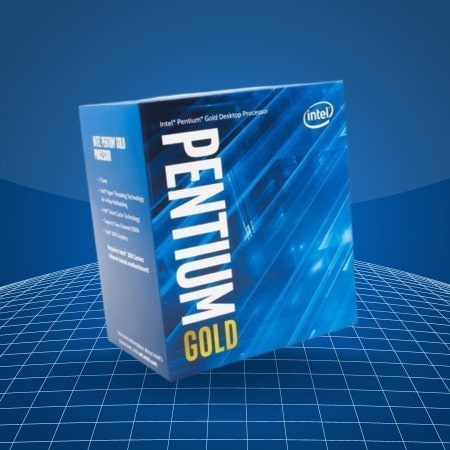
The Intel Pentium Gold G5400 is a budget-friendly processor that’s suitable for light gaming and everyday computing tasks. It’s a dual-core processor with four threads, and a base clock speed of 3.7 GHz, and it doesn’t support overclocking. While it might not handle AAA games at high settings, it can still provide a decent gaming experience for less demanding titles.
One major advantage of the Pentium Gold G5400 is its affordability. For those on a tight budget or those building a basic PC for everyday use, it’s an excellent choice. It’s also a power-efficient processor, further enhancing its cost-effectiveness in the long run.
However, the G5400’s performance pales in comparison to its more powerful counterparts. If you’re a hardcore gamer or if you use processor-intensive applications, you may want to consider the other CPUs discussed earlier.
How to Choose an Ideal LGA 1151 CPU
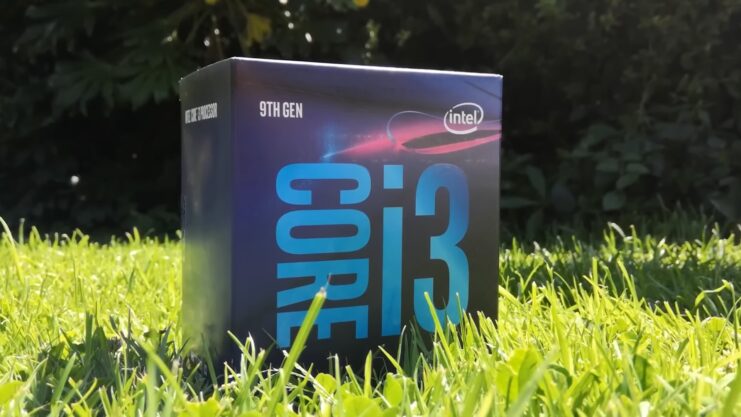
Identify Your Needs
The first step in choosing an ideal LGA 1151 CPU is to clearly identify your computing needs. If you are an ardent gamer who loves playing the latest AAA titles at the highest settings, you will need a high-performance CPU such as an Intel Core i7 or i9.
If you are a casual gamer, or you use your computer mainly for everyday tasks such as browsing the web and using office applications, a mid-range processor like an Intel Core i5 or even an Intel Core i3 would suffice. Similarly, if your work involves CPU-intensive tasks like video editing or 3D modeling, a high-end CPU is recommended.
Furthermore, when delving into the intricacies of video editing, a high-end CPU boasting ample cores and threads becomes an invaluable asset. Its capacity to accelerate rendering times, facilitate real-time previews, and enhance overall project responsiveness is particularly beneficial.
These processors exhibit unparalleled prowess in managing the intricate computations entailed in video encoding and the rendering of complex effects, ensuring an efficient and productive editing workflow.
In summary, for tasks like Adobe video editing that demand substantial CPU resources, opting for a high-performance LGA 1151 CPU, such as the Intel Core i7 or i9, is a strategic choice. The processing power they offer proves invaluable in handling multifaceted multimedia projects with ease.
This translates into markedly reduced render times, smoother real-time previews, and an overall elevated editing experience, ultimately allowing your creative vision to materialize seamlessly and with precision.
Assess Your Budget
Budget is another crucial factor when choosing a CPU. Higher-end CPUs come with higher price tags, so if you’re working within a budget, you may need to settle for a lower-end or mid-range processor. However, remember that the CPU is one of the most critical components of your PC. It’s often worthwhile to invest a bit more in a good-quality CPU that will provide robust performance and longevity.
Check CPU Compatibility
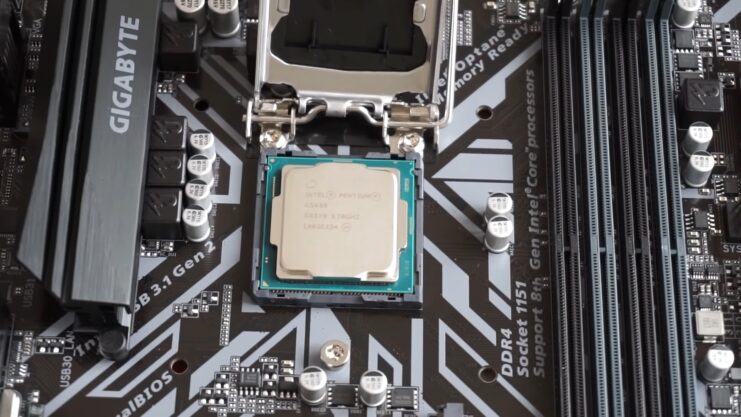
Another important consideration when choosing an LGA 1151 CPU is compatibility. While LGA 1151 CPUs are compatible with LGA 1151 sockets, different generations of CPUs may require different power requirements, memory types, and motherboards. For example, 8th and 9th generation Intel Core processors require 300 series motherboards. Always check the compatibility of the CPU with your motherboard before making a purchase.
Consider The Number of Cores and Threads
When browsing CPUs, you will often see terms like “cores” and “threads.” A core is a processor unit that can run tasks. More cores mean the CPU can handle more tasks simultaneously, improving performance. Threads are virtual cores that help improve efficiency. A processor with more cores and threads is generally better, especially for multitasking and CPU-intensive tasks.
Understand Clock Speed
Clock speed, measured in Gigahertz (GHz), indicates how many calculations a CPU can perform in one second. A higher clock speed means the CPU can execute more instructions per second, leading to better performance. However, a higher clock speed also means more heat generation, so you’ll need a better cooling solution.
Overclocking Capability
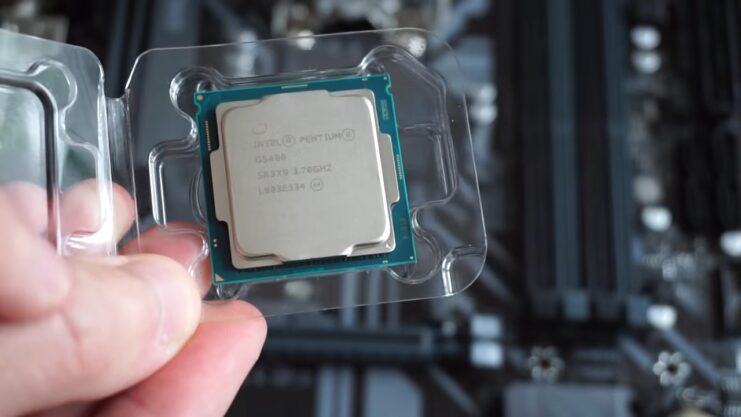
Some CPUs, usually denoted with a ‘K’ at the end of their model number, like the Intel Core i7-9700K, have an unlocked multiplier that allows for overclocking. Overclocking can push the processor to run at speeds higher than its base clock speed, potentially delivering better performance.
However, overclocking also increases power consumption and heat generation, and it requires a more robust cooling solution. If you’re not interested in overclocking, a CPU with a locked multiplier will be sufficient.
Frequently Asked Questions
1. Is the Intel Core i9-9900K a good choice for an LGA 1151 gaming CPU?
Yes, the Intel Core i9-9900K is a fantastic choice for gaming. It’s a high-performance CPU with eight cores and 16 threads, enabling it to handle intense gaming sessions and multitasking with ease. It also has substantial overclocking potential, with a base clock speed of 3.6 GHz that can be boosted up to 5.0 GHz. However, remember that it is also one of the more expensive CPUs, so it may not be the best choice if you’re working with a tight budget.
2. I am a casual gamer, do I need a high-end CPU like the Intel Core i7-9700K?
While the Intel Core i7-9700K delivers stellar performance for gaming, it might be more than what a casual gamer needs. A mid-range processor like the Intel Core i5-9600K can provide reliable performance for most games and is more budget-friendly. However, if you think you might get into more intensive gaming or multitasking down the line, the i7-9700K could be a good future-proof option.
3. I’m on a tight budget. What’s a good LGA 1151 CPU for me?
If you’re on a budget, consider the Intel Core i3-9100F or the Intel Pentium Gold G5400. The i3-9100F is a decent choice for light to moderate gaming needs, while the Pentium Gold G5400 is suitable for light gaming and everyday computing tasks. However, these budget-friendly processors may not deliver the same performance as their higher-end counterparts, especially for more demanding games.
4. What does it mean when a CPU supports overclocking?
Overclocking refers to the process of increasing a processor’s clock speed beyond its base rate, enabling it to execute more instructions per second and thus improve performance. CPUs that support overclocking often have a ‘K’ at the end of their model number, like the Intel Core i7-9700K.
However, overclocking increases power consumption and heat output, so it’s important to have a good cooling system and thermal paste in place if you plan on overclocking your CPU.
5. How does the number of cores and threads in a CPU affect gaming performance?
Cores and threads are critical components of a CPU’s architecture that influence its performance. Each core in a CPU can process data independently, so more cores can result in better multitasking and improved performance for gaming and other CPU-intensive tasks.
Threads are like virtual cores, improving efficiency by allowing each core to handle multiple tasks at once. So, a processor with more cores and threads generally delivers better performance.
6. What do I need to know about processor compatibility with an LGA 1151 socket motherboard?
When selecting a processor for your LGA 1151 socket motherboard, it’s crucial to ensure compatibility. Not all LGA 1151 CPUs will be compatible with all LGA 1151 motherboards due to differences in power requirements, memory types, and specific motherboard generations.
For instance, 8th and 9th generation Intel Core processors require 300 series motherboards. Always check the CPU and motherboard specifications to ensure compatibility before making a purchase.
Final Words
Choosing the right processor for your gaming PC can be a challenging task, but with the right information, it becomes significantly easier. Whether you opt for an Intel or AMD processor, each offers a variety of options to cater to different performance needs and budgets.
Remember, the CPU is a crucial component, but it’s not the only one that matters. Be sure to consider the other parts of your gaming PC as well, such as the GPU, RAM, and cooling solution, to ensure a balanced and powerful system.
Related Posts:
- Is Tlauncher Safe to Download? Or Not? - Make Your…
- What Is Anti-Aliasing In Minecraft & How To Fix Its…
- Normal CPU Temperature While Gaming and Idle -…
- 9 Best 49 Inch Monitor 2024 - Increase Your Productivity
- 10 Best Orbeez Gun 2024 - Perfect Gift for Your Kids
- 7 Fundamental Differences Between 1080p VS 1440p…

